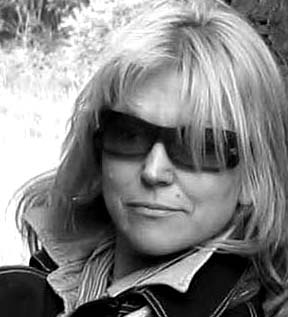

special thanks to;
www.modernbatikartworkshops.com
www.en.wikipedia.org/wiki/Batik#Technique
www.youtube.com
www.kibuuka.com/pages.asp?muidx=3006&menu=History_of_Modern_Batik_Art

2. Both use water-based dyes as colours to stain onto the fabric.
2. Cold glue gel is used instead of hot wax as the resistance.
3. Modern batik applies dark to light colours while traditional batik applies light to dark colours.
4. For modern batik, diluted dyes are applied onto the fabric using paint brushes instead of dipping the whole fabric into the dye like how traditional batik does.
5. The result of a modern batik is that the images have a more dramatic enhanced tonality, shading and depth than traditional batik.
6. The result of traditional batik is that the image is more detailed and consists of many various patterns and designs than modern batik.
Materials needed:
Cotton or silk cloth (avoid synthetic materials)
take a piece of any size
Dyes
Usually napthol dyes are used (but any dye which is available in the market can be used). Colours used for the design - yellow, red, brown, black.
Wax
Bee wax, paraffin wax, resin (gum)
Brush
A small water colour brush, a 1/2" size and a 2" size of the ordinary household paint brush. These brushes can be used only for waxing.
Tjanting
These tools are for applying wax in fine lines. Hot wax is poured into the needle. It then flows through the needle spout which width varies from different sizes.
Vessel
to heat the wax
Plastic bucket or big bowls
to mix water-based colours
A wooden frame
to fix the cloth in place
Batik is a technique where wax is applied to fabric using water soluble dyes. Modern Batik technique is a revolutionary repackaged application that enhances the detail of an image on fabric using wax and dyes. The effect that can be achieved through resistant dyeing often results in amazing, unpredictable textures and tone. Modern Batik designs can be as complicated or as simple as the artists desires. They can be realistic and pictorial or purely expressive. The main goal, when working with Modern Batik art, is to enjoy the medium and allow the versatility of wax and dyes to reveal itself gradually to you on fabric. Modern batik technique is fun and easy to experiment with as it leads to more discoveries and lends itself to personal creativity and self expression. This technique is an effective strategy that is engaging and therapeutic to participants of all ages.




